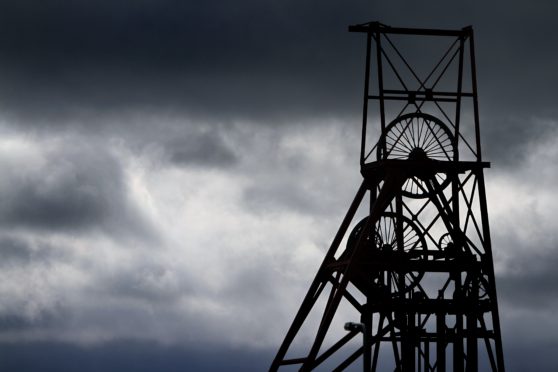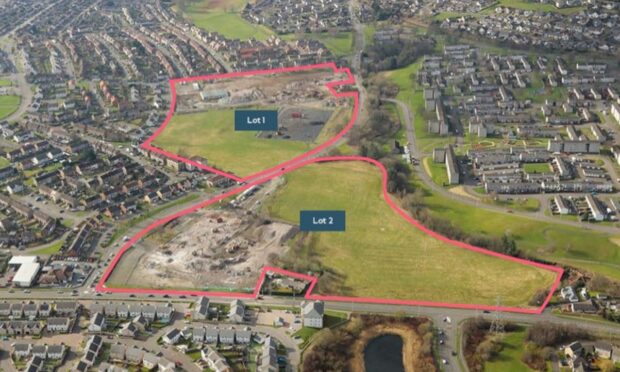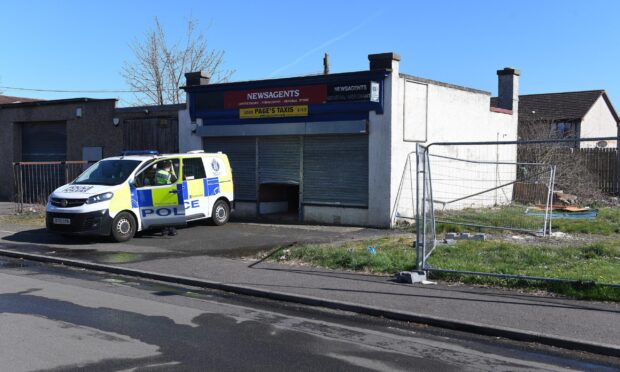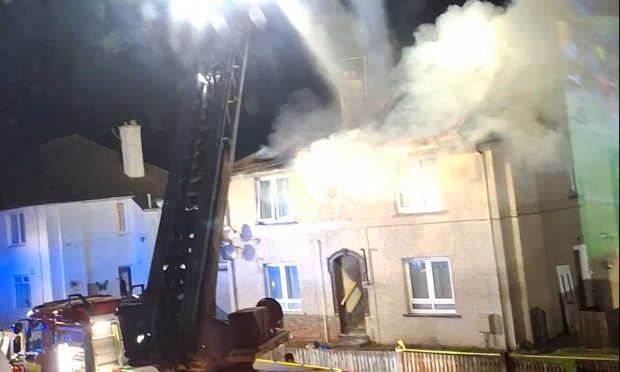A new report has suggested the Covid-19 pandemic has “wiped out” a decade of progress in Fife’s former coalfield communities.
Researchers say unemployment in areas of older industrial Britain is now above the levels experienced 10 years ago in the wake of the financial crisis, with the increasingly likelihood of further redundancies in the coming months.
The report by Sheffield Hallum University’s Centre for Regional Economic and Social Research, was commissioned by the Coalfields Regeneration Trust and the Industrial Communities Alliance to look at the impact of the coronavirus crisis on the economy, labour market and public health in former coalfield areas.
Most of these areas, which include about a third of the UK population and take in a large swathe of west and central Fife, entered the crisis already lagging behind in terms of prosperity, wellbeing and life chances.
But the report has highlighted how the pandemic appears to have significantly worsened the situation, with Fife recording large rises in unemployment and the number of people claiming benefits.
Professor Steve Fothergill, co-author of the report, said: “As the economy recovered from the financial crisis there was real progress in bringing down unemployment in older industrial Britain, even though the problem had by no means been solved.
“But in less than a year since the onset of the pandemic, the increase in unemployment across older industrial Britain has more than offset these gains.
“In effect, the pandemic has wiped out 10 years’ economic progress in older industrial Britain.”
Fife’s unemployment count stood at just 8,810 in March 2020 but that rose to 14,505 when the last update was given in November.
That rate of 6.3% was higher than the 6% Scotland-wide average, while the number of households in Fife classed as “workless” currently stands at 17.3% compared to 13.9% in the rest of Britain.
Fife’s average gross weekly pay stands at £559, compared to the £586.70 British average and £592.70 Scottish average, and average hourly pay in the region is just £14.85 compared with £15.50 elsewhere in Scotland.
Nicky Wilson, chair of the Coalfields Regeneration Trust in Scotland, said: “Once again, we are left to try to pick up the pieces as our communities are hit hard by another crisis.
“After the major losses of industry throughout the coalfields, then the government’s measures of 10 years of austerity, the effect of the pandemic cannot be ignored.
“This report provides the evidence in black and white that more needs to be done if our residents are ever to have a chance of moving forward.
“The impact this pandemic will remain long after the UK economy is reporting recovery.
“We urge the government to focus on these forgotten communities, those most in need, before it is too late.”
The report also suggested that, up to the start of 2021, the cumulative death rate in older industrial towns and the former coalfields was on average 30% above the UK average, reflective of an older and less healthy population.










